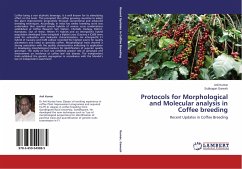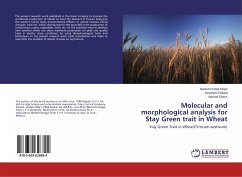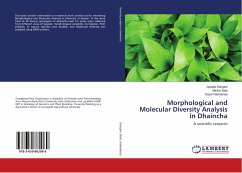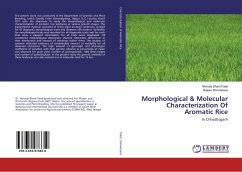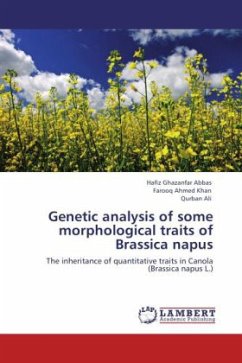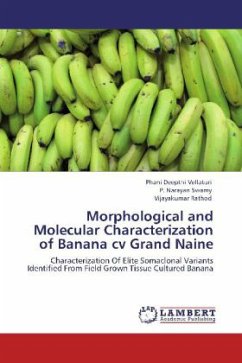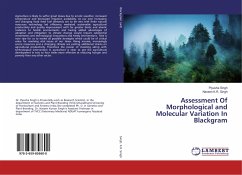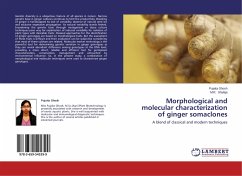Coffee being a non alcoholic beverage, it is well known for its stimulating effect on the brain. This prompted the coffee growing countries to adopt the plant improvement programme through conventional and advanced breeding techniques. Accordingly, in India too similar breeding work was undertaken that resulted several hybrids of various cross combinations established at Coffee Research Sub Station, Chettalli, Kodagu District, Karnataka. Out of these, fifteen F1 hybrids and an interspecific hybrid population developed from tetraploid x diploid cross (Cauvery x (CxR)) were used for evaluation and molecular characterization. An interspecific F1 hybrid of Cauvery and (CxR) cultivar recorded the highest scores for quality parameters and rated as specialty coffee. Morphological traits showed a strong association with the quality characteristics indicating its application in developing morphological markers for identification of superior quality genotype. The study on leaf rust exhibited greater role of genotype and environment on incidence of coffee leaf rust disease. The independent traits exhibited the genetic segregation in accordance with the Mendel's law of independent assortment.
Bitte wählen Sie Ihr Anliegen aus.
Rechnungen
Retourenschein anfordern
Bestellstatus
Storno

